How Realtors Are Working to Advance Racial Equity in Housing
Realtors can play a critical part in reducing the racial disparities in homeownership rates in the Twin Cities and across America. Many of them are...
3 min read
 Twin Cities Habitat for Humanity
:
9:22 AM on January 26, 2023
Twin Cities Habitat for Humanity
:
9:22 AM on January 26, 2023
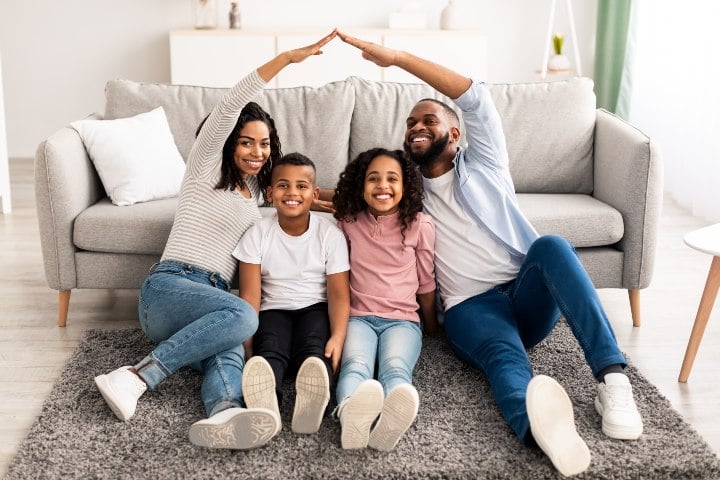
Twin Cities Habitat believes it’s important to learn from our national and local history of racist housing policies as we build for the future. This blog series explores the past, offers solutions for the future, and highlights ways you can take action.
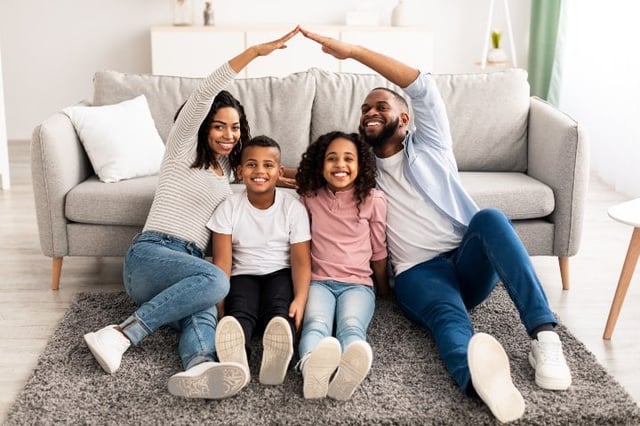
It’s hard to buy your first home. You’ve got to save money, have good credit, find a lender, find a home, make an offer, and hope everything works out. This process takes a lot of people and time. One important step is finding the right real estate agent.
Historically, homebuyers who are BIPOC (Black, Indigenous, or People of Color) have faced many additional obstacles to buying that first home. The racial homeownership gap in the Twin Cities remains large. According to the Minneapolis Area Realtors® (MAR), about 25 percent of black households currently own their home, compared to about 76 percent of white households.
Fair housing laws and the Realtor Code of Ethics both ban discriminatory practices in housing based on race. However, some real estate agents are going further to educate themselves about the problem and be a partner in helping more BIPOC households become homeowners in the Twin Cities
In late 2022, MAR issued a public statement recognizing and apologizing for past discrimination practices. Its leadership also vowed corrective action. Here’s a summary of the ideas they are proposing:
MAR wants real estate agents to sign on with their support for these ideas, which you can do here.
MAR also offers continuing education around Diversity, Equity, and Inclusion so members can become informed about this issue and be advocates in reducing the racial disparities in homeownership rates in Minnesota.
There are many ways a real estate agent can better prepare BIPOC buyers for success in purchasing a home. Adade Amenounve is a Realtor®, a broker, and has been working in real estate in the Twin Cities since 2005. He is on the Board of Trustees for Minneapolis Area Realtors, was part of the first cohort at Hamline University’s Education and Leadership Center to become a Certified Leader in Affordable Housing, and teaches classes on buying a home to first-time homebuyers. He has two important pieces of advice for agents:
1. Take time to really get to know your clients and understand them.
Because of the long-standing racial gap in homeownership rates in the Twin Cities, a BIPOC buyer is more likely to be the first person in their family to be buying a home. Doing anything for the first time, without having seen it done, is challenging, especially something as complex as buying a home. Be ready to answer questions and ask buyers if they have questions of their own.
“I lead my clients through an exercise after they are pre-approved for a mortgage amount,” says Adade. “They look at their needs versus their wants in a home. This helps them see what they can afford. That is really important, and it can help people decide whether or not now is the time for them to be buying a home.”
2. Educate your buyers about down payment assistance and affordable mortgage options.
Homeownership is linked to wealth building. BIPOC buyers who haven’t had the benefit of growing up in a situation where their family owned a home may be less likely to have family who can help them out with a downpayment.
There are many options a real estate agent can help people explore. A good place to start is an online search for down payment assistance programs someone may qualify for.
“Many cities and the State of Minnesota have great incentives for first-time homebuyers,” says Adade. “Plus, you can stack these programs together. It’s possible to use money both from a county or city program and the state at the same time for a home purchase.”
Minnesota Housing offers downpayment and closing cost assistance for buyers with annual household incomes up to $134,800.
There are many loan options designed to be affordable. These include the FHA, VA, and USDA loans. Agents should understand these programs so they know when a buyer may benefit from applying for one of these loans.
Adade used to work at Twin Cities Habitat for Humanity and he recommends both agents and buyers become familiar with its homeownership program. The organization’s mission is to advance racial equity in housing. It offers both subsidies that can help reduce what a family must pay for a home and mortgages customized for affordability. Subsidy dollars from Twin Cities Habitat can also be added to subsidy dollars from other sources that a family is eligible to receive.
“When I explain what Twin Cities Habitat offers it is almost always the first time a real estate agent is hearing about it,” says Adade. “This is really a great program and I think more people need to see if it is a good fit for them.”
Your gift unlocks bright futures! Donate now to create, preserve, and promote affordable homeownership in the Twin Cities.
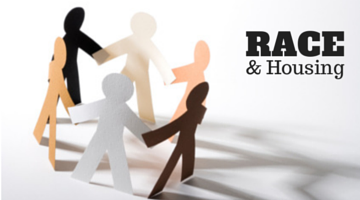
Realtors can play a critical part in reducing the racial disparities in homeownership rates in the Twin Cities and across America. Many of them are...
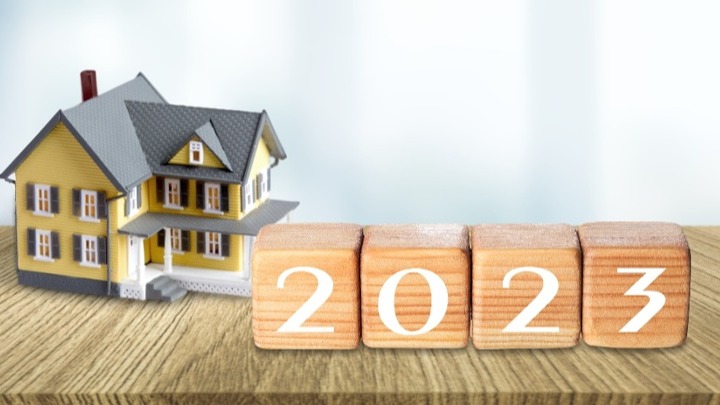
Editor's note:Interviews for this forecast were conducted with Adade Amenounve and David Arbit. Adade is a REALTOR, a broker, and a member of the ...
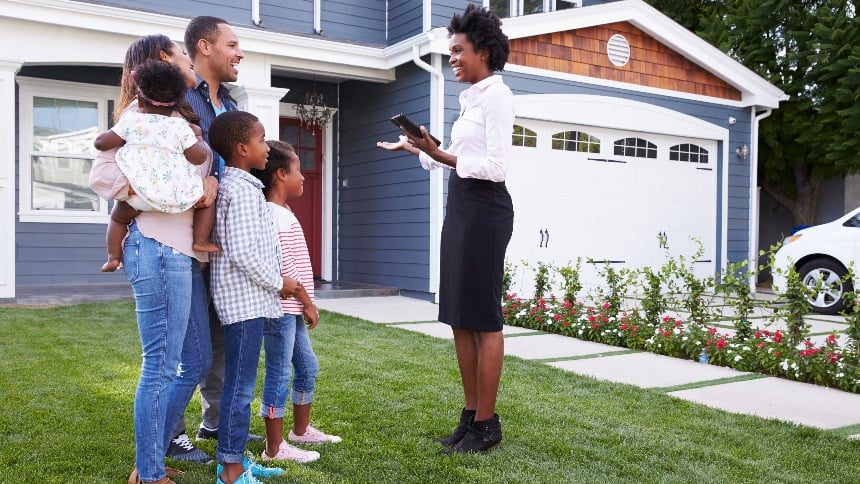
January 1, 2025 When you think of Twin Cities Habitat for Humanity’s Homeownership Program, you might imagine a family buying a volunteer-built home...